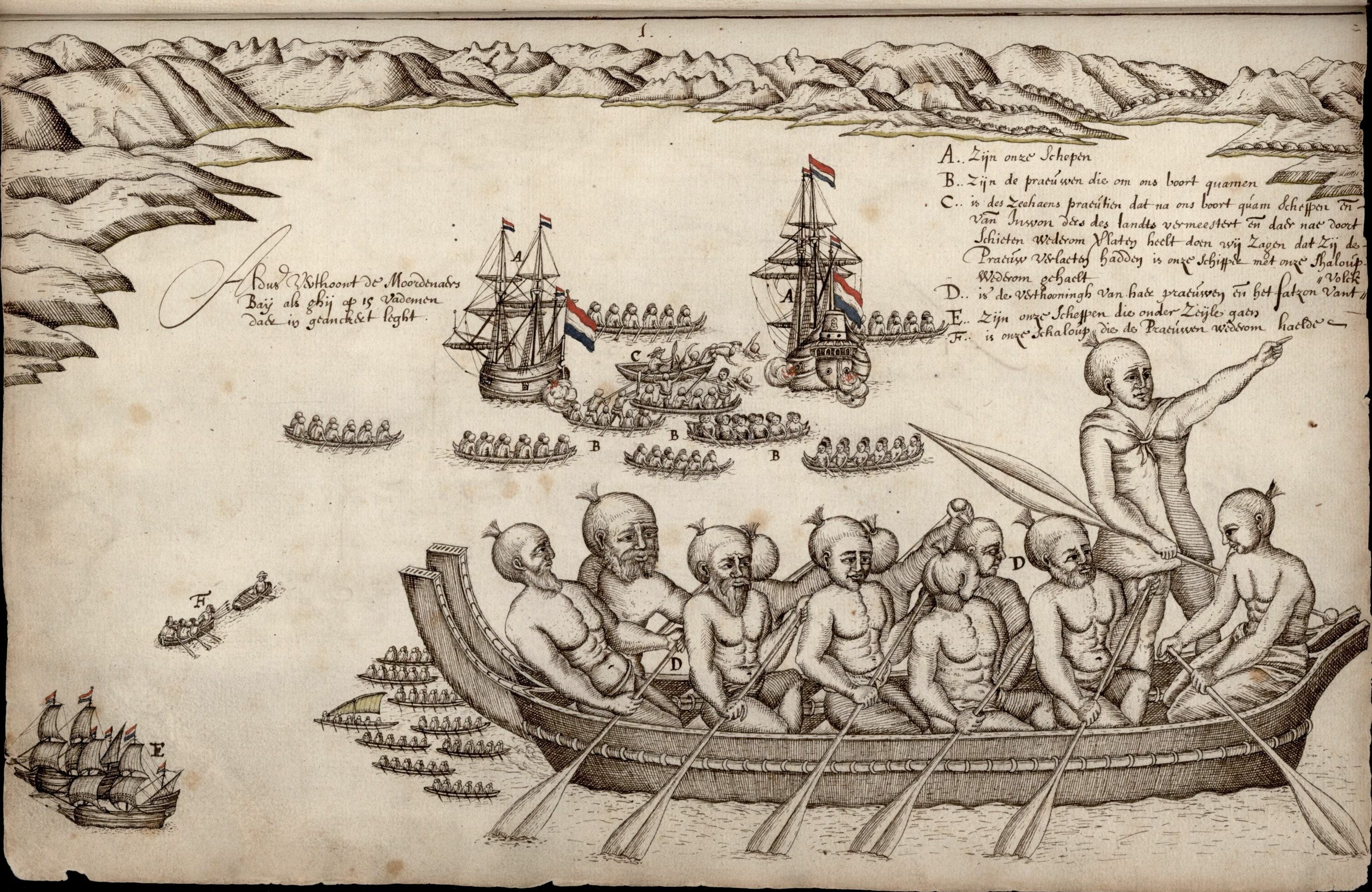|
Hinauri Petana
In Māori mythology Māori mythology and Māori traditions are two major categories into which the remote oral history of New Zealand's Māori may be divided. Māori myths concern fantastic tales relating to the origins of what was the observable world for the pr ..., Hinauri is the sister of Māui and the wife of Irawaru. Māui becomes annoyed with Irawaru and stretches out his limbs, turning him into a dog. When Hinauri asks Māui if he has seen her husband, Māui tells her to call “Moi! Moi!” whereupon the poor dog runs up, and Hinauri, learning the truth, throws herself into the sea (Tregear 1891:107). See also * Tinirau and Kae References *E.R. Tregear, ''Maori-Polynesian Comparative Dictionary'' (Lyon and Blair: Lambton Quay, 1891). *C. Tremewan, ''Traditional Stories from Southern New Zealand: He Kōrero nō Te Wai Pounamu'' (Macmillan Brown Centre for Pacific Studies: Christchurch), 2002. Legendary Māori people {{Māori-myth-stub ... [...More Info...] [...Related Items...] OR: [Wikipedia] [Google] [Baidu] |
Māori Mythology
Māori mythology and Māori traditions are two major categories into which the remote oral history of New Zealand's Māori may be divided. Māori myths concern fantastic tales relating to the origins of what was the observable world for the pre-European Māori, often involving gods and demigods. Māori tradition concerns more folkloric legends often involving historical or semi-historical forebears. Both categories merge in to explain the overall origin of the Māori and their connections to the world which they lived in. Māori had yet to invent a writing system before European contact, beginning in 1769, so they had no method to permanently record their histories, traditions, or mythologies. They relied on oral retellings memorised from generation to generation. The three forms of expression prominent in Māori and Polynesian oral literature are genealogical recital, poetry, and narrative prose. Experts in these subjects were broadly known as . The rituals, beliefs, and ge ... [...More Info...] [...Related Items...] OR: [Wikipedia] [Google] [Baidu] |
Māui (Māori Mythology)
In Māori mythology, as in other Polynesian traditions, Māui is a culture hero and a trickster, famous for his exploits and cleverness. He possessed superhuman strength, and was capable of shapeshifting into animals such as birds and worms. He was born premature and cast into the ocean by his mother, where the waves formed him into a living baby. He was discovered by his grandfather and later went to live with his siblings. One day he followed his mother to the underworld where he met his father, Makeatutara, who baptised Māui incorrectly. As a punishment from the gods for this mishap, Māui and all of humanity were doomed to die. Māui is credited with catching a giant fish using a fishhook taken from his grandmother's jaw-bone; the giant fish would become the North Island of New Zealand, known as . In some traditions, his canoe () became the South Island, known as . His last trick, which led to his death, involved the goddess Hine-nui-te-pō. While attempting to win immo ... [...More Info...] [...Related Items...] OR: [Wikipedia] [Google] [Baidu] |
Irawaru
In Māori mythology, Irawaru is the origin of the dog. He is the husband of Hinauri, the sister of Māui. Māui becomes annoyed with Irawaru and stretches out his limbs, turning him into a dog. When Hinauri asks Māui if he has seen her husband, Māui tells her to call "Moi! Moi!" whereupon the poor dog runs up to Hinauri. Learning the truth, she throws herself to Tangaroa (the ocean) never to be seen again. Versions differ as to the cause of Māui's annoyance with his brother-in-law. In some, he is jealous of Irawaru's success at fishing; in others, he is angry at Irawaru's refusal to give him a cloak, or disgusted at Irawaru's greedy nature. In other Ngā Puhi Nui Tonu mythology, three dogs were brought to Aotearoa by Kupe. These spirits were known as kehua or guardians brought over from Hawaiki. During the arrival to Aotearoa they were sent to Cape Reinga with a few men to guard the escape of their souls. The iwi later was named Ngāti Kurī. Their job was to guard the spirits ... [...More Info...] [...Related Items...] OR: [Wikipedia] [Google] [Baidu] |
Tinirau And Kae
In Māori mythology, Tinirau is a guardian of fish. He is a son of Tangaroa, the god of the sea. His home at Motutapu (sacred island) is surrounded with pools for breeding fish. He also has several pet whales. Hinauri, sister to the Māui brothers, had married Irawaru, who was transformed into a dog by Māui-tikitiki. In her grief Hinauri throws herself into the sea. She does not drown but is cast ashore at the home of Tinirau, where she attracts his attention by muddying the pools he uses as mirrors. She marries Tinirau and uses incantations to kill his other two wives, who had attacked her out of jealousy (Biggs 1966:450). When her child Tūhuruhuru is born, the ritual birth ceremony is performed by Kae, a priest. After this is done, Tinirau lends Kae his pet whale to take him home. In spite of strict instructions to the contrary, Kae forces the whale, Tutu-nui, into shallow water, where it dies, and is roasted and eaten by Kae and his people. When he learns of this Tinirau is ... [...More Info...] [...Related Items...] OR: [Wikipedia] [Google] [Baidu] |
